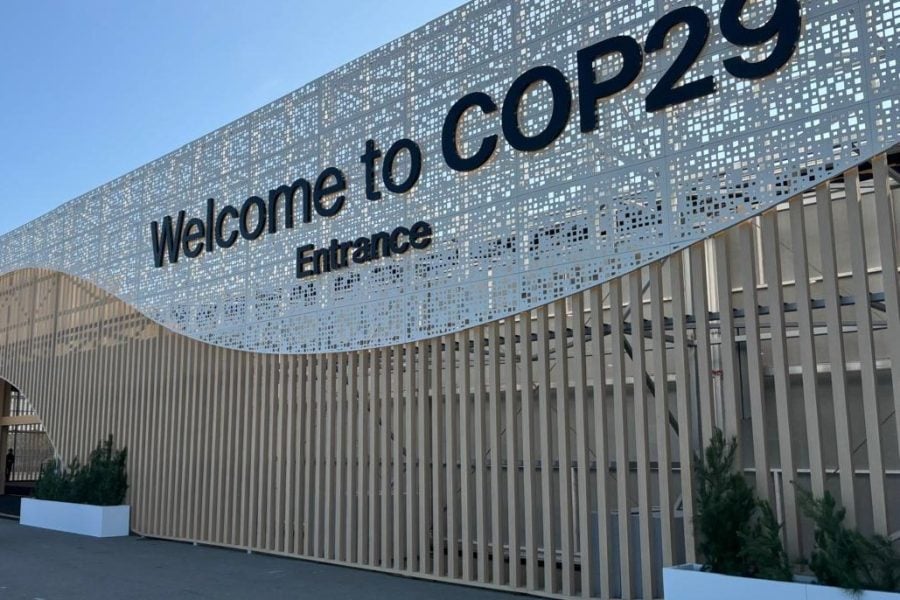The 29th United Nations Climate Change Summit (COP29) in Baku has been marked by tensions and deep divisions between developed and developing nations. As the global community anticipates the final draft proposal to reach a decision-making point on the New Collective Quantified Goal (NCQG), a sense of urgency and frustration permeates the negotiating halls.
On Thursday, nations attending the summit expressed widespread dissatisfaction with a vague draft agreement released by host Azerbaijan. The proposal failed to address key issues, particularly the amount of financial support wealthy nations should provide to help developing countries transition to clean energy and adapt to the impacts of climate change.
“We need a major push to get discussions over the finishing line,” urged UN Secretary-General Antonio Guterres, highlighting “substantive differences” between rich and poor nations. The former group is resistant to demands for a significant portion of the $1.3 trillion in annual funding that the developing world says it needs to combat climate change effectively.
The African Group of Negotiators (AGN), representing some of the world’s most climate-vulnerable countries, has been vocal about its demands. These include the need for a responsive finance goal tailored to the evolving needs of developing nations, public finance as a central pillar of climate funding, and equitable burden-sharing based on historical emissions and GDP per capita. The AGN also called for $1.3 trillion annually between 2026 and 2030, with $600 billion in grants or equivalent terms to support climate action.
However, the draft text, notably vague on financial commitments, used placeholders instead of concrete figures, which further fueled tensions. Ali Mohamed, the AGN chair, described the absence of a clear financial figure as the “elephant in the room,” adding, “This is the reason we are here … but we are no closer.”

The discord also extends to the approach to funding. Developing nations and China demand at least $500 billion in grants or no-strings-attached funding, rejecting loans that would exacerbate debt burdens. Conversely, developed countries insist that all sources of finance, including private investments, should count toward the goal. They also argue that China, now an economic powerhouse, should contribute financially.
Beyond finance, many countries criticized the draft for its lack of urgency in phasing out fossil fuels, the primary drivers of global warming. Australia’s Climate Minister Chris Bowen noted that references to fossil fuel reduction were “hidden, pared back, or minimized.” The Alliance of Small Island States (AOSIS), led by Samoa, warned against “political games,” emphasizing the existential threats posed by rising sea levels.
Adding to the tension, the European Union and the United States refused to propose specific financial figures without greater clarity on the draft’s provisions. EU Commissioner for Climate Action Wopke Hoekstra described the draft as “imbalanced, unworkable, and unacceptable,” calling for stronger leadership from the hosts.
As the summit nears its conclusion, COP29 Lead Negotiator Yalchin Rafiyev appealed for “compromise and solidarity,” while Azerbaijan promised to release a revised, shorter draft containing specific numbers. However, with just one day remaining, many fear that the summit’s inability to bridge the divide between developed and developing nations could lead to another missed opportunity.
Sources
- https://www.premiumtimesng.com/news/top-news/756206-cop29-seven-key-demands-of-african-negotiators-amidst-draft-text-showdown.html
- https://www.aljazeera.com/news/2024/11/21/uns-guterres-pushes-cop29-negotiators-to-seal-deal-after-draft-spurned




